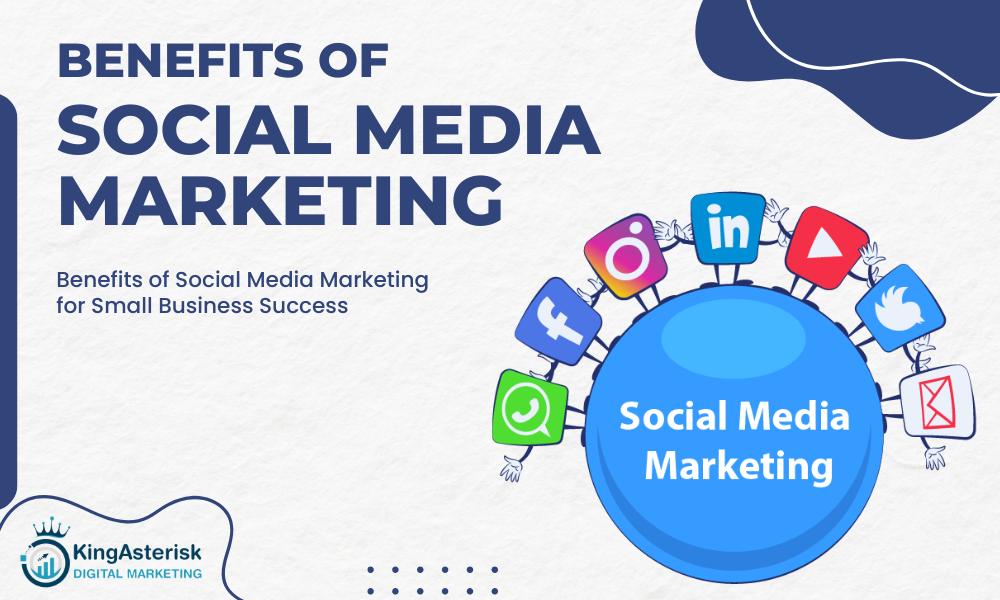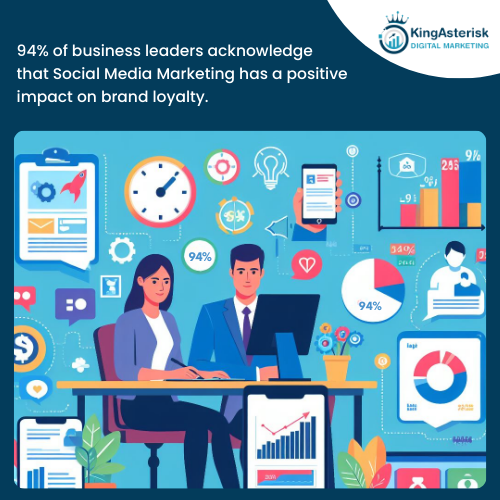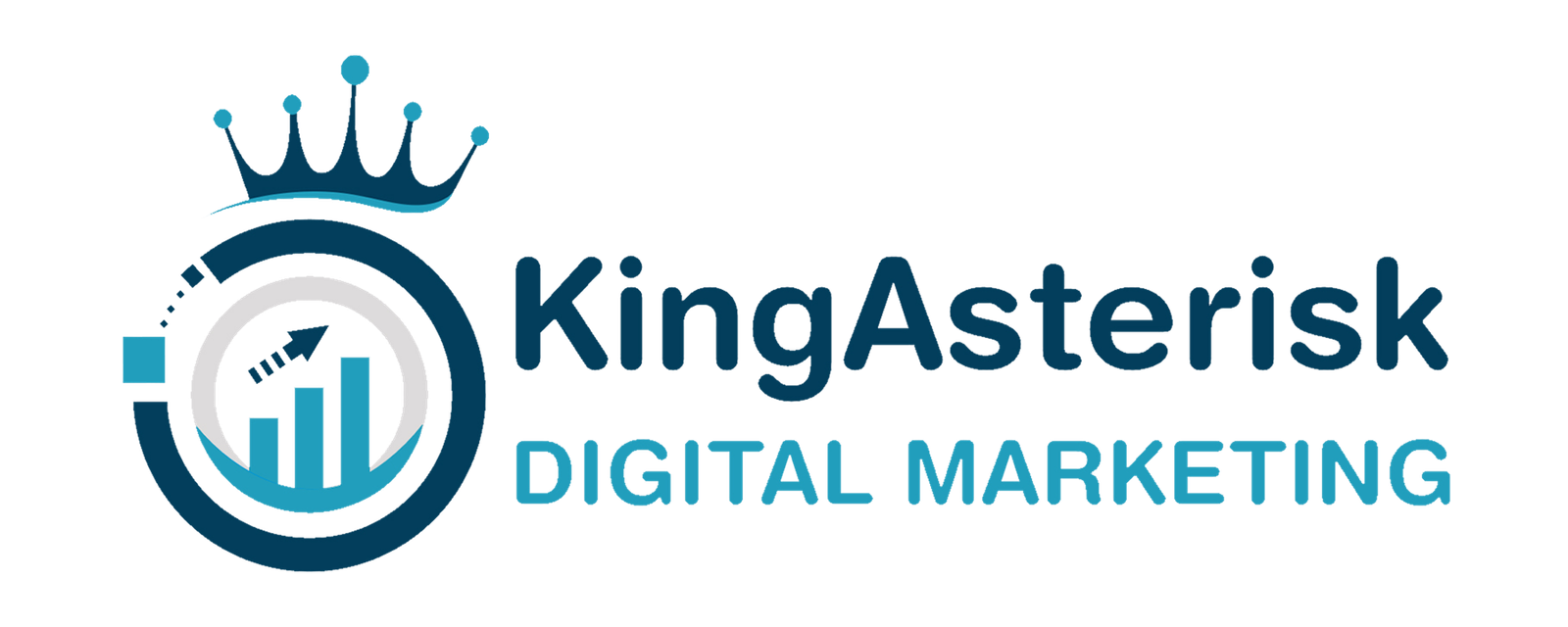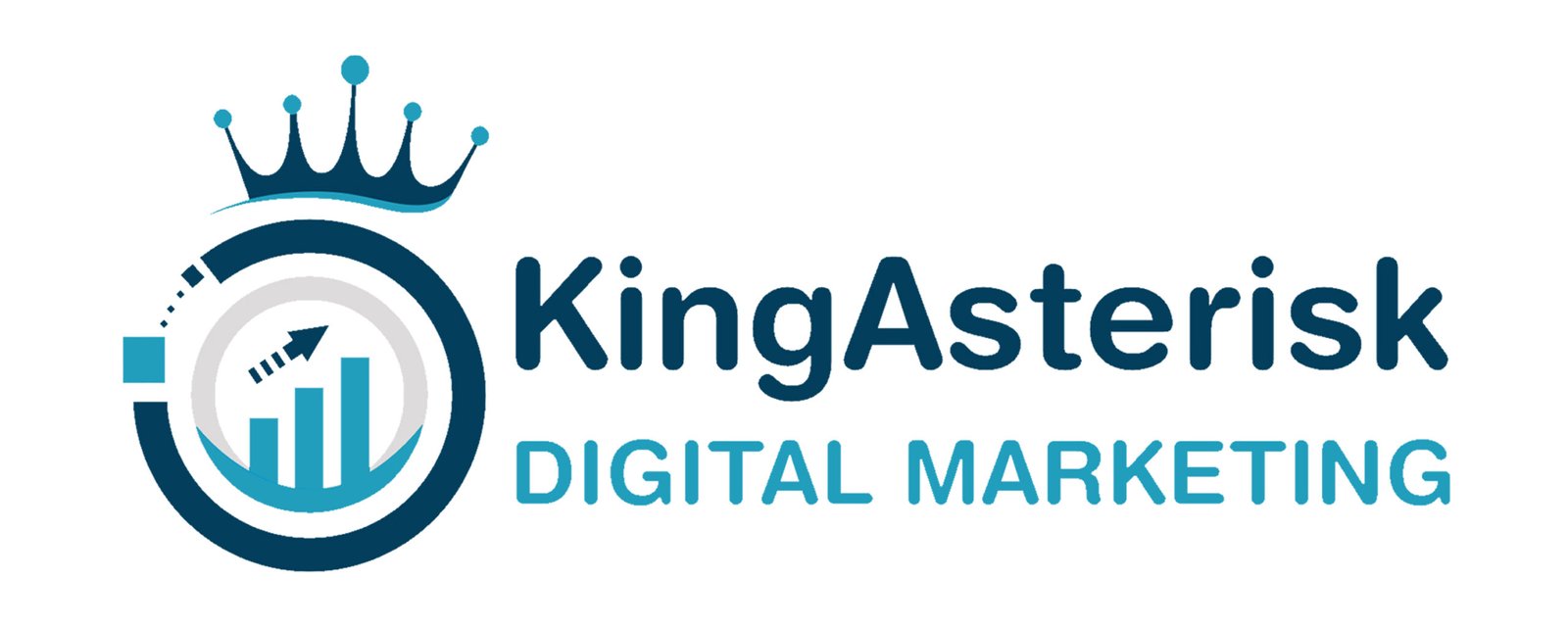
Social media has become an essential part of the modern customer journey, underlining the importance of social media marketing for businesses of all sizes. Despite changes in how people use Facebook, Twitter & Co. over the past decade, social media has shown it is here to stay. Even as economic constraints bear down on marketing budgets, executives are still prioritizing social media marketing investments—and with good reason.
As consumers spend more time on social media, the channel offers unparalleled access for brands to influence purchase decisions at every stage, from discovery to advocacy. Today, your social media marketing strategy can make or break your brand. And with it, a lot of significant benefits of social media marketing for business success.
Yet many small business owners aren’t tapping into this vast potential, mostly because they’re short on time or money. In 2024, however, the options available on social media are endless (which is probably part of the problem).
Why social media is important for businesses across industries
Savvy brands across industries use social media to wow their audiences, grow their market share and boost sales. The following statistics demonstrate social media’s impact on businesses of all shapes and sizes.
Brand Reputation And Loyalty
The biggest of all benefits of social media marketing is exposure. Reputation is everything, especially in a challenging economic environment. If you enter the stage of Facebook, Twitter, Instagram and other social platforms, you can reach out to thousands of new potential customers. You have the opportunity to explain your brand and attract like-minded people – aka the ideal audience for your small business.
It’s widely accepted that social media plays an increasingly important role in reputation management.
In fact, 94% of leaders acknowledge that it has a positive impact on brand loyalty.

Social media allows brands to connect with their audience on a more personal level, creating authentic and lasting connections that can withstand both good times and bad. Make sure your profile name, company description (or bio on some channels), your cover photo and profile image reflect your small business brand. Your content should be relevant to your ideal customer. And it doesn’t matter if you share it from third parties or your own blog/website or a mix of both.
For example, if your company promotes a sustainable business practice, make sure your message comes across. If you’re a friendly family business, choose your tone of voice accordingly and post lots of pics from your team at work. The goal is for customers to recognise your brand through visuals and voice, even without your logo.
Stronger Competitive Positioning
Getting an edge on the competition today can inform stronger business decisions tomorrow. This is one of the most underrated benefits of social media marketing. However, if you’re not using social media to keep tabs on what your competitors (and their customers) are prioritizing, you’re missing out.
The real-time nature of social media offers an unrivaled opportunity to observe and analyze competitor strategies. When you’ve gathered your target audience around you, you can use it to learn more about your potential customers. No other marketing platform gives you a faster and more direct response from your ideal clients than social media.
You can find out easily what works and what doesn’t, ask them questions and even use your followers for some small-scale market research. You can add polls or link to surveys on most social media channels, and these can be incredible for engagement.
If you’re not familiar, here’s what social media marketing’s role in competitive intelligence can look like:
- Aggregate data on customer care interactions reveals strengths and weaknesses of competitor products or services.
- Content themes provide insights on the unique value props that competitors are highlighting, as well as opportunities to further differentiate your brand.
- Share of voice data measures the market your brand owns online compared to your competitors.
Customer-Centric Business Strategy
Social listening data allows brands to keep up with the trends and conversations that impact their audience in real-time. These insights, in turn, inform stronger, more customer-centric business strategies. Additionally, comments, discussions, messages, reviews and even the number of shares on your profile give you an invaluable insight. Use it to further optimize your products, customer service and marketing.
Better public relations outcomes
The 24-hour news cycle has done away with old methods of public relations. Today, it’s not enough to simply pitch some journalists a press release. You need to establish a compelling brand narrative that proactively generates media interest, otherwise you’ll get lost in the crowd. While you’re already listening to what your followers have to say about you and your small business, take part in the conversation! Don’t sit quietly on the sidelines.
Social helps brands stand out by offering a variety of engaging ways to present a steady drumbeat of thought leadership and brand storytelling. The channel plays an increasingly large role in executive communication strategies, providing business leaders with new opportunities to share insights and showcase their expertise.
People will likely talk about your business on whatever channels they’re using anyway. But with you being present there, you can respond and control what is said about you online. Showing customers that you are active, engaged and up for a conversation is a huge positive. As they say, communication = community.
Building your brand’s social presence, including that of your CEO and executives, leaves you with more than just followers and likes—it provides you with an owned channel for PR amplification, enabling you to influence narratives, engage with your audience directly and drive positive media coverage.
By monitoring comments, mentions, reviews and messages sent directly to you, you can see what the word is on the streets and reply accordingly. Got a bad review? Make sure to publicly respond to it as quickly as possible. This way you can steer the complaint into shallow waters before it turns into a full-blown viral campaign.
Crisis Management
Crises are no longer reserved for major brands. Social media opens businesses big and small up to a new level of scrutiny.
Social media crises can unfold on various scales, whether it’s an insensitive employee comment amplified by an outraged audience or a surge of customer complaints after a service slip-up. The most effective way to manage these risks is by having a social media crisis plan.
The importance of social media marketing in crisis management is two-fold. Firstly, by monitoring and listening to social media, you can proactively manage risks. Secondly, adopting a social-first crisis management strategy provides brands with an opportunity to address issues before they escalate into a larger problem.
Introduces your products and services to customers
Why invest in social media marketing? Because social media marketing is an investment in your business’s future.
68% of consumers follow brands on social media to stay informed about new products or services.
Wow-Worthy Customer Experiences
More consumer-brand interactions are going digital, creating a massive opportunity for businesses looking to make an impression with their target audiences. One-on-one interactions now take place on a public stage, and their impacts are one-to-many.
That’s why it’s so important for brands to create social media customer care strategies that support proactive and reactive community engagement. It’s not enough to simply respond to service requests. To get the most out of social, you need to actively seek and join the conversations that move the needle for your brand, whether you’re tagged or not.
Combining rich social listening data with a well-optimized social media engagement workflow gives you endless chances to surprise and delight your audience. When you exceed their expectations, you reap the benefits of their loyalty.
Conclusion
Small businesses that benefit from social media marketing now will be at an advantage in branding and advertising down the road.
Your business needs a consistent, personalized presence on social media. Some consumers may visit your brand’s page and view your social media posts for the first time. Ensure that all of your information is up-to-date and consistent with what your existing customers have seen before.
If you’re not investing in a data-driven social media marketing strategy, you’re missing out on a major source of potential revenue. If you want to be where your customers are, you need to be social.
Request a personalized demo of KingAsterisk Digital Marketing today to find out how our tool empowers more collaborative workflows that allow businesses to make better, faster decisions with social.


